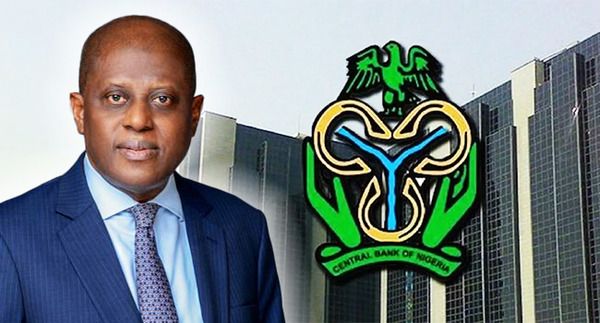…as Tinubu cautions SEC, apex bank on rise in digital currency adoption
Governor of Central Bank of Nigeria (CBN), Mr. Olayemi Cardoso, has said the apex bank is on course to ensure $1 billion diaspora remittances into the economy monthly.
Cardoso disclosed this yesterday at the 18th Annual Banking and Finance Conference of the Chartered Institute of Bankers of Nigeria (CIBN) in Abuja.
This is just as President Bola Ahmed Tinubu cautioned the apex bank and Securities and Exchange Commission (SEC) to track growing use of stablecoins and digital currencies in Nigeria, warning that the shift from traditional banking channels poses challenges that must be managed proactively.
“By next year, our projection will be a billion dollars a month of diaspora remittances. We at the Central Bank, as far as we are concerned, we have done all the things to enable that to happen,” Cardoso said.
He explained that the CBN had worked closely with commercial banks such as Access Bank and Zenith Bank on international outreaches, which have improved diaspora confidence and boosted inflows. “When we started that journey, we were at $250 million a month. We said we would double that to $500 million.
Now we are at $600 million,” Cardoso noted. Tinubu, represented by the Minister of Finance and Coordinating Minister of the Economy, Mr. Wale Edun, noted that the global financial system was undergoing rapid transformation.
“There is a digital revolution. So many people now are not using the banking system to make payments. They’ve turned to stablecoin.
They’ve turned to digital currency,” the President said, adding that “to this end, I have directed capital market authorities and banking authorities to get hold of this narrative and track it whilst it is still evolving.”
The President stated that Nigeria’s economy needed to transition from resilience to reinvention, stressing that digital tools, artificial intelligence, and open banking were critical to driving industrialization, efficiency, and job creation.
“Yes, our GDP is growing, but the percentage of industrial contribution from manufacturing is not where it should be to create the jobs we need. The innovation is there for the adoption of digital, AI, and open banking to enhance efficiency,” Tinubu noted.
On the fiscal front, he pointed to the recently enacted tax reform laws, which are expected to usher in a fairer, more transparent, and efficient tax regime.
He explained that reforms in technology deployment, including improved visibility of government accounts through linkage with the Central Bank since August 1, would boost revenue mobilization.















